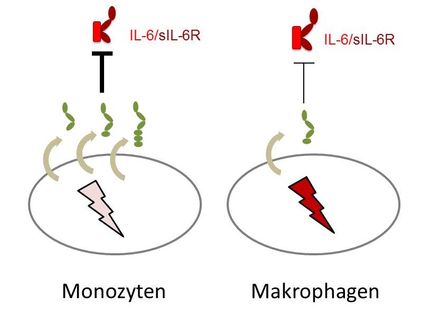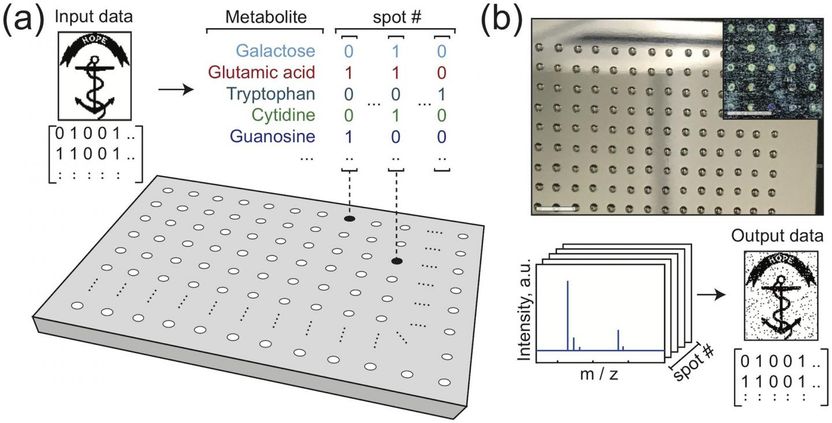MorphoSys Discloses GM-CSF as Target of MOR103 Program
Exclusive License Obtained to Key Patent from the University of Melbourne
Advertisement
MorphoSys AG disclosed that human cytokine GM-CSF (Granulocyte macrophage-colony stimulating factor) is the target molecule for the company's proprietary MOR103 antibody program for the treatment of rheumatoid arthritis (RA). MOR103 is the first fully human antibody against GM-CSF to enter clinical trials. The drug could offer an innovative treatment option for RA based on a mechanism of action distinct from anti-TNF and other competing approaches.
MorphoSys also announced an agreement with the University of Melbourne providing MorphoSys with exclusive access to rights covering the use of inhibitors of GM-CSF, under a U.S. patent application and its progeny. MorphoSys believes that the University of Melbourne patent applications, once allowed, will lead to market exclusivity for therapeutic antibodies targeting GM-CSF for anti-inflammatory indications in the U.S., which represents the lion's share of the total RA market. In 2004, the market for biopharmaceuticals to treat RA amounted to US$ six billion worldwide and is expected to further increase to US$ 14 billion in 2009. The University of Melbourne receives an upfront payment, milestone payments associated with clinical development and royalty payments based on net sales of products in the U.S. In addition to the intellectual property rights secured under the agreement with the University of Melbourne, MorphoSys has filed additional patent applications on the antibodies it has generated in its MOR103 program.
In December 2007, MorphoSys submitted a clinical trial application (CTA) in the Netherlands to initiate a phase 1 clinical trial using the HuCAL-derived antibody MOR103 for the treatment of Rheumatoid Arthritis. The phase 1 trial is a randomized, double-blind, placebo-controlled, single-ascending dose trial and will be conducted in healthy volunteers. The study will evaluate the safety and tolerability as well as pharmacokinetics of escalating doses of MOR103.
GM-CSF was originally described as a white blood cell growth factor. Research at the University of Melbourne led by Professor John Hamilton and Professor Gary Anderson has focused attention on the role of this protein as a central mediator of inflammatory diseases. Due to its diverse functions in the immune system, GM-CSF can be considered a target for a broad spectrum of anti-inflammatory therapies. In pre-clinical studies, MOR103 has shown promising results in established RA disease models in rats. Furthermore, the number of synovial macrophages directly correlates with the level of articular destruction in human RA patients, further validating the target. By neutralizing GM-CSF, the antibody intervenes in the disease pathway and reduces undesired proliferation and activation of inflammatory granulocytes and macrophages.
Other news from the department research and development
Most read news
More news from our other portals
See the theme worlds for related content
Topic world Antibodies
Antibodies are specialized molecules of our immune system that can specifically recognize and neutralize pathogens or foreign substances. Antibody research in biotech and pharma has recognized this natural defense potential and is working intensively to make it therapeutically useful. From monoclonal antibodies used against cancer or autoimmune diseases to antibody-drug conjugates that specifically transport drugs to disease cells - the possibilities are enormous

Topic world Antibodies
Antibodies are specialized molecules of our immune system that can specifically recognize and neutralize pathogens or foreign substances. Antibody research in biotech and pharma has recognized this natural defense potential and is working intensively to make it therapeutically useful. From monoclonal antibodies used against cancer or autoimmune diseases to antibody-drug conjugates that specifically transport drugs to disease cells - the possibilities are enormous
















































